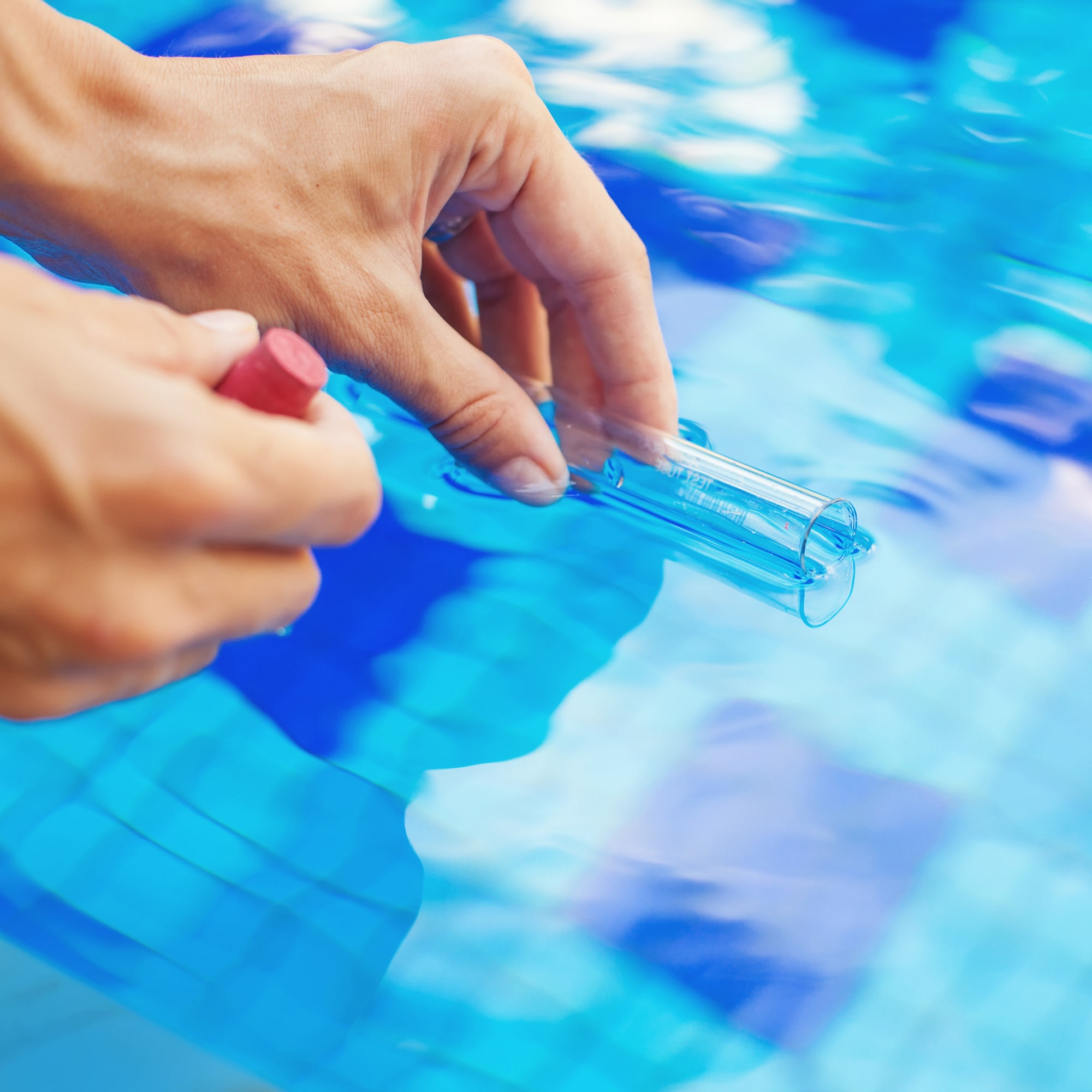
 Many people enjoy relaxing or exercising in a swimming pool, especially when temperatures are sweltering, but concerns about a parasite could have them reevaluating whether they want to take the plunge.
Many people enjoy relaxing or exercising in a swimming pool, especially when temperatures are sweltering, but concerns about a parasite could have them reevaluating whether they want to take the plunge.
The Centers for Disease Control and Prevention issued a warning about a parasite, Cryptosporidium or crypto, that can be passed on through swimming pools. The fecal parasite can live in a swimming pool for days, according to a CNN report.
Crypto causes outbreaks of diarrhea linked to water and to contact with animals. The “profuse, watery diarrhea” “can last up to 3 weeks,” according to the CDC, and lead to dangerous conditions for patients.
The leading causes of cryptosporidiosis outbreaks, according to the CDC, include “swallowing contaminated water in pools or water playgrounds, contact with infected cattle, and contact with infected persons in childcare settings.” Sources can include pools, kiddie or wading pools, and water playgrounds. Less than two dozen cases were foodborne involving unpasteurized milk and unpasteurized apple cider.
Some of the outbreaks can disproportionately affect young children who are not toilet trained or more likely to ingest pool water. The effects can also be worse for pregnant women and those with compromised immune systems, according to the recent CNN report.
The CDC recommends keeping a child out of a pool and out of daycare if he or she has diarrhea. People should not swim for two weeks after diarrhea has stopped. The agency also recommends washing hands after contact with animals. People who encounter livestock or spend time in the “living environment” of those animals should remove their clothes and shoes before entering their home or other areas and ensure they are limiting what they are transmitting from the animal’s environment.
The best treatment to reduce transmission at childcare facilities includes disinfecting surfaces with hydrogen peroxide. The CDC recommends hyperchlorinating contaminated pools.
“Cryptosporidium has a high tolerance to chlorine and can survive in a properly chlorinated pool for up to seven days,” CNN reported citing the CDC.
Public health officials reported more than 440 outbreaks from 2009 to 2017 resulting in more than 7,400 cases with reported outbreaks increasing by 13 percent per year, according to the CDC. This included 287 hospitalizations and one death. There were likely more unreported outbreaks.
While these outbreaks are not widespread, they are increasing. People should be aware and take proper precautions with pools, childcare facilities and livestock, and respond promptly if there is a case.









